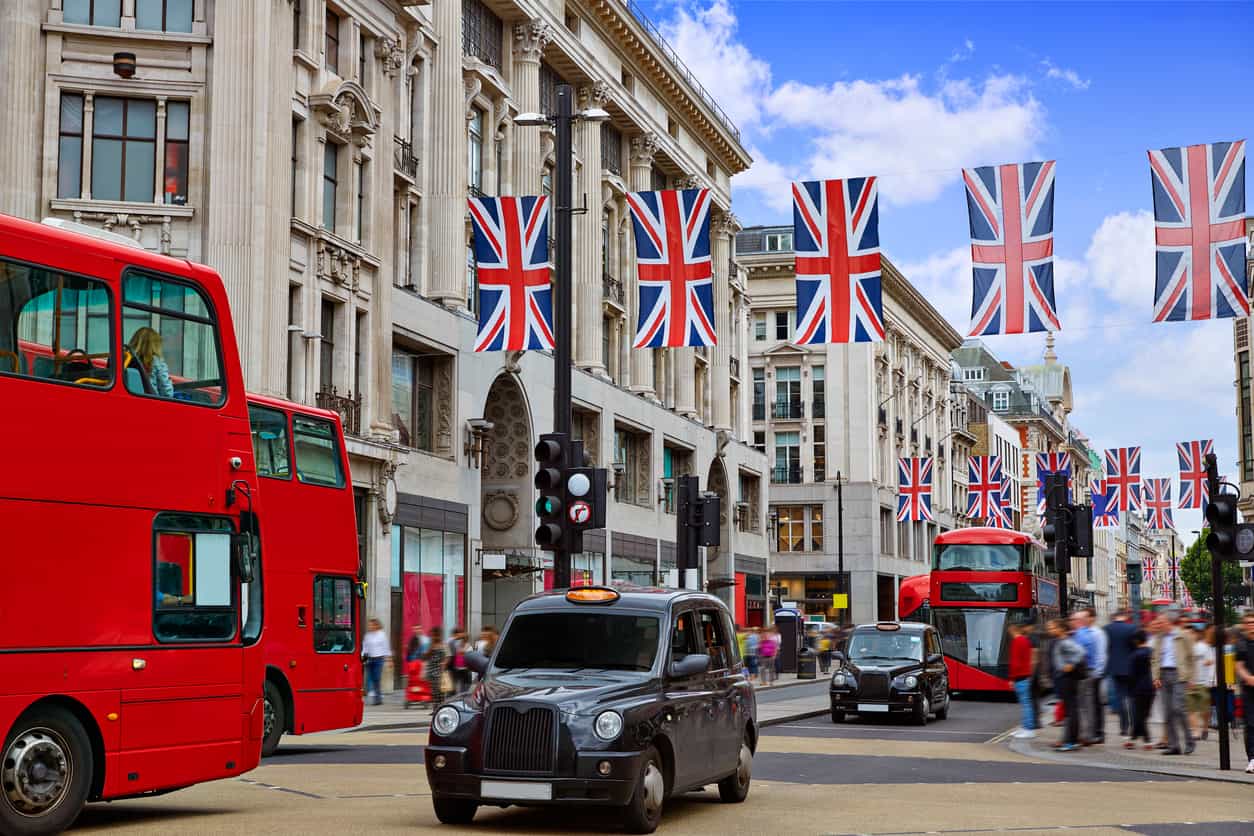European football clubs are not an obvious asset class for most institutional investors and don’t spring to mind as a typical investment for organizations stewarding the long-term health of a pension pot – or nation. Yet the $450 billion Qatar Investment Authority’s reported interest in English football club Manchester United could be the latest in a line of club purchases by Gulf SWFs.
Saudi Arabia’s $620 billion Public Investment Fund (PIF) bought Newcastle United in 2021. In 2011, Qatar Sports Investment acquired French team Paris Saint-Germain (PSG). Qatar Investment Authority, the country’s main sovereign wealth fund, is a different entity to Qatar Sports Investment, although both are state vehicles and QSI chairman Nasser Al-Khelaifi sits on QIA’s board. Elsewhere, Manchester City is owned by Sheikh Mansour, the chair of the Emirates Investment Authority (EIA), vice-chair of $284 billion Mubadala and board member of the Abu Dhabi Investment Authority (ADIA), three of the world’s top 20 sovereign wealth funds.
Soft power
The key rationale for Gulf SWFs buying these clubs is rarely financial. Amenity value in the football-crazy Gulf and soft power seem to come first.
“There is clearly both a soft power dimension and an aspect of regional rivalry to these purchases. Like in other areas of state investment, neighbours often copy each other,” says Steffen Hertog, associate professor at The London School of Economics and Political Science (LSE)
Buying a football club brings international visibility and offers a great opportunity for country branding, adds Javier Capape Aguilar, director of the Sovereign Wealth Research at the Center for the Governance of Change and adjunct professor, at IE University.
“It’s a channel to encourage people to visit a country and engage in business relationships.”
Good Investments?
What is less clear is if they are good investments – in contrast to North America where major league franchises NFL and NBA bring owners prestige and financial rewards.
“European football has not made any money historically. Look through the financial statements of any club in Europe, and there is no record of generating profits,” says Stefan Szymanski, Professor of Sport Management at University of Michigan, who says player fees eat into any profit unlike in North America, where there are salary caps on players and mechanisms to stop spending.
Still, Szymanski says profitability at leading clubs is starting to change thanks to live broadcast rights, particularly in English football, and merchandizing.
And a lack of profitability doesn’t mean they don’t make good investments. Another way to make money is profiting from the sale.
“The appreciation in value is not connected to a growth in profitability of the business. It is more down to the growing demand from billionaire investors and a scarcity of trophy assets,” says Szymanski.
For example, PSG’s Qatari owners bought the club in 2011 for about €70 million. Notwithstanding the billions on players and wages spent since, PSG was recently in talks with investors to sell a 15 per cent stake for €4 billion.
“They are taking risks, and in some cases, like Qatar’s very large investment into PSG, it is not clear that the investment has really been commercial,” adds Hertog. “But they can afford to take a long-term view and can absorb losses as long as the purchases help them build diplomatic relations and, at least in the Global South, prestige.”
are the Risks only on the pitch?
And as long as new owners can keep spending money on players, the risks of owning a football club are surprisingly contained. The biggest risk seems to be the team doesn’t perform in line with what the owners are spending on players.
But Szymanski’s analysis reveals player spend always, eventually, equates to achievements on the pitch.
“There is a perfect correlation between where you stand in the league and your wage bill.”
Sure enough, PIF’s spending on players has turned the fortunes of Newcastle United around and the team has risen up the league. Since Manchester City changed ownership and new money for players and wages poured in, the club has picked up multiple trophies and risen up the table. Qatar’s current investment in PSG has led to success on the pitch — the team has won eight of the past 10 French titles although, like Manchester City, PSG has yet to win the European Champions League.
Gulf sovereign’s human rights records could turn the fans and viewers off, although the evidence suggests little link between football fans’ moral stance with enduring support for their club.
“All the evidence says fans are not changing their behaviour no matter who the owner is,” says Szymanski .“Let’s face it, the current owners of Manchester United are hated by the fans. And this has done no harm to the value of the club.”
Still, owning a football club does, nonetheless, draw attention to these countries’ human rights, jeopardizing the soft power influence.
“The main non-commercial risk is that of drawing unwanted attention to local state’s human rights record in the Western public sphere, as has happened with Qatar, Abu Dhabi and KSA,” said Hertog.
Reputational damage is also a risk. Man City is currently charged by the Premier League with numerous alleged breaches of financial rules spanning a period from the 2009-10 season to the 2017-18 campaign when the club breached league rules requiring provision “in utmost good faith” of “accurate financial information that gives a true and fair view of the club’s financial position.”
“If recent allegations of financial violations at Man City in the Premier League are confirmed it could lead to Pep Guardiola leaving, which would be a big blow to the club and its commercial prospects,” says Hertog. Coach Guardiola has made it clear he will leave if the allegations are proven.
Interest in the premier league could decline – but again, this is unlikely.
“If we all decided tomorrow we wanted to watch e-sports it would be catastrophic, but I don’t think this will happen,” says Szymanski, who cites one last risk: a lack of potential buyers if the world runs out of billionaires.



